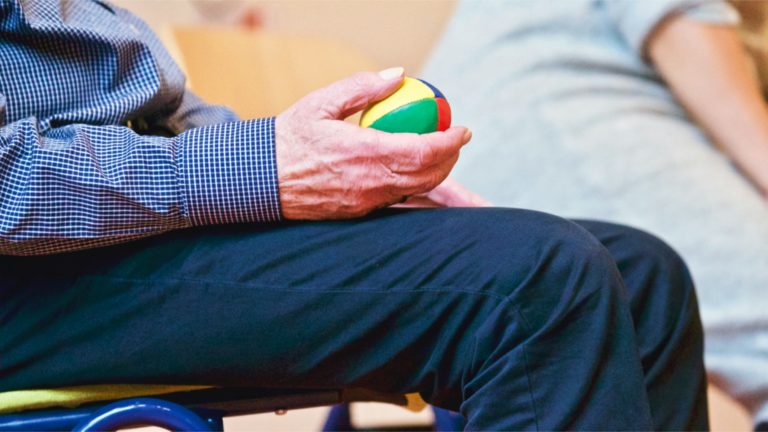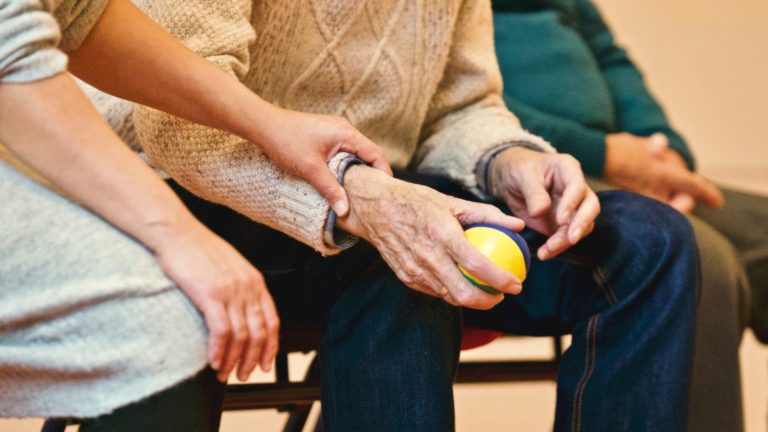
New Survey Conducted on Keeping the Elderly Safe in the Pandemic
Those in our oldest generations, who were recently surveyed, were found to be more distrustful of senior living and care operators than younger generations.
Nearly half (49.5%) of baby boomers said they don’t trust senior living and care providers to keep residents safe, while 43.9% of the Silent Generation reported the same distrust.
Younger people are more trusting: 42.3% of Generation X reported distrust, 31.8% of millennials and 38.2% of Generation Z.
McKnight Senior Living’s recent article entitled “41% don’t trust assisted living, nursing homes to keep residents safe during pandemic: survey” notes that 43.1% of baby boomers responded that they trust facilities “somewhat,” as did 51.4% of the Silent Generation respondents.
Some of this mistrust may come from the extensive media coverage of coronavirus deaths in nursing homes because senior residents are especially vulnerable to the illness.
Some say that it goes further than that: the quarantine and social distancing has added to families’ stress and anxiety over the safety and mental well-being of the seniors who live in these facilities because they aren’t able to visit as often as they want.
An online survey from ValuePenguin.com and LendingTree of more than 1,100 Americans recently found that COVID-19 has generated a rush of loneliness and worry among older adults.
According to the results, 36% of older adults feel lonelier than ever. In addition, more than 70% of seniors said that they have worries about the virus’ effects on their younger relatives. Those concerns were equally expressed by younger generations for their older relatives. Almost 50% of both age groups are worried that their relatives will catch the virus.
However, the pandemic looks to have a silver lining for family communications. An overriding sense of concern for the mental and physical health of elderly loved ones has led to more contact since the pandemic began.
Nearly 44% of the younger survey-takers stated they’ve spoken to their older relatives more frequently during the pandemic, about 25% of young people reported visiting their older relatives in person more frequently.
The top request from respondents aged 75 and older to their loved ones, is to call more frequently.
Reference: McKnight Senior Living (Sep. 11, 2020) “41% don’t trust assisted living, nursing homes to keep residents safe during pandemic: survey”





